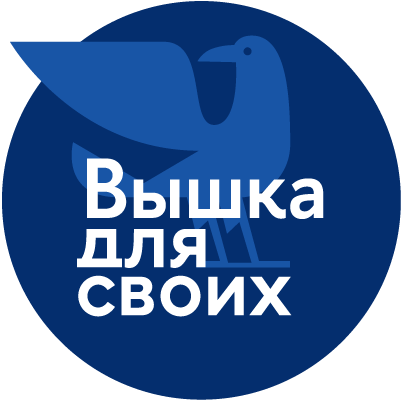- A
- A
- A
- АБB
- АБB
- АБB
- А
- А
- А
- А
- А
Moscow-Berlin-Göttingen-Moscow
Alexandra Bassel, student of the full-time advanced postgraduate programme at the School of Philology, told HSE News Service about her internship at the University of Göttingen.
I came to Berlin, a city alien to me, but at the same time dear with all its secluded corners. Dear with the pensioners’ café on Prager Platz, where almost a century ago Andrey Bely danced his wild dances on the tables; with a huge aquarium in the lobby of a fashionable hotel, which seems like something described by Vladislav Khodasevich in his poems; with a memorial plaque on Marina Tsvetaeva’s house.
A good half of Berlin guide books start with a phrase ‘Everyone will find something to their taste in this city’. It’s difficult to argue with this. There was something also to my taste, the taste of a postgraduate student who decided to add a new twist to the topic of their thesis in two months and come back home with a new paper.
The central department of the Humboldt Universitylibrary is located in a huge building, the Jacob-und-Wilchelm-Grimm-Zentrum, which looks like a building from the futuristic city of Fritz Lang’s ‘Metropolis’. A densely populated beehive with hundreds of small cells – floors, rooms, departments – and all volumes, brochures and folios are in open access, without any supervision.
The search for a book turns into a quest, where the player alone fights with the system, getting the code and trying to find a the match, using logic to eliminate wrong moves and false strategies. The first level of the game is followed by the second and the third: bibliographic lists include new sources, the route to which is encrypted in new codes. For those players who successfully complete certain levels, there are scanners in the corners of the playing field, where the catch can be digitized, saved on a memory stick and taken home. And it’s impossible to stop this fascinating game: it seems that around the next corner, on the next shelf you’ll find something totally new, not described by anybody, and you are always a hero and a winner when you complete this quest.
My life in Germany took place between two locations: Berlin and Göttingen. I was paying short visits to Berlin, raiding the libraries and sometimes consulting with a professor from Humboldt University, an expert in Mandelshtam’s German topics.
And Göttingen was where I was living, a small medieval city based around a renowned university. My favourite seminar at the University of Göttingen was the faculty colloquium, where lecturers, students and other people interested in Russian literature met weekly. An invited guest, usually a professor from another university, made a presentation followed by an energetic and informal discussion.
The University of Göttingen is not only a source of knowledge for students and researchers, but also a source of inspiration. It’s impossible not to stay late on the last floor of the university library’s glass tower, which gives a breathtaking view over five city churches, the university campus, the caterpillar of the ancient city rampart, and not to catch the creative impulse, the creative wave, which has caught and captivated an endless number of those who came here to learn and teach.
Alexandra Bassel

